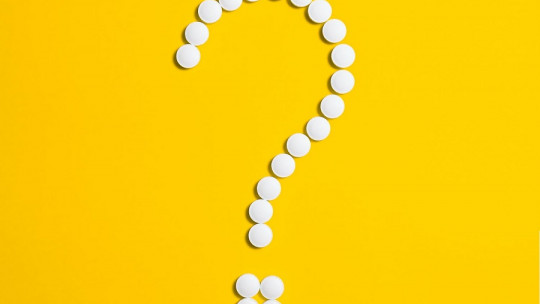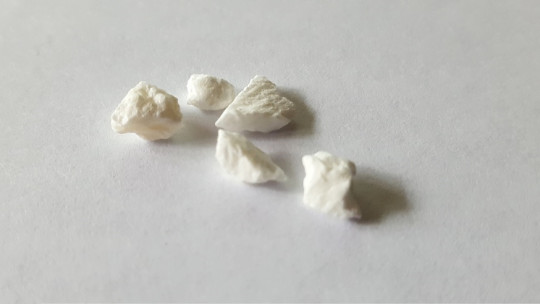
In his book Cerocerocero, Italian journalist Roberto Saviano defends the idea that the cocaine market rules the world.
This may not be true, but the fact that a well-known writer can build a book around that idea and continue to be respected afterwards is a good idea of the power that drugs in general have over our lives, whether we use them or not.
However, these types of products are limited by their material nature: they are concrete objects that have to be consumed by coming into direct contact with them. Or is there a drug that is, in itself, sound waves? This idea is what has caused some Internet communities to talk about a type of product known as hearing drugs.
I-Doser and digital drugs
In 2007, a program called I-Doser was launched on the market, which began to popularize the concept to which the name of this software refers: auditory drugs, something from which to obtain doses from downloadable information. from Internet. The idea behind I-Doser is generate altered states of consciousness, some of which would serve to simulate the effects of certain illegal drugs with the advantage of not having harmful effects on the body or producing intoxication or addictions.
The fact that these hearing drugs are presented as healthy alternatives to harmful substances can hardly reassure a generation of fathers and mothers who are little familiar with the Internet and who, furthermore, have no interest in young people becoming familiar with products that They are more or less related to drugs. Let’s see to what extent it is true that the effects that these sounds have on the organism are those
Operation based on binaural audio
The sounds on which the operation of I-Doser is based have a particularity; They are based on the use of two somewhat different sound channels that each go to a different ear (something that is also used in ASMR audios). The different wave frequencies of these two sounds are integrated together by our brain as if they fit into each other, which produces the illusion that there is a third whole different from the other two.
The joint action of these repetitive binaural sounds would cause the brain waves of certain regions of the brain to adjust according to what is being heard, causing some groups of neurons to begin to communicate with each other in a certain way and, in some cases, emulating the behavior they would have under the influence of illegal drugs.
That is, the auditory drug would skip the step in which a substance passes into the blood and is metabolized by the body; Simply, it would act directly on the nervous signals that neurons send to each other. and that, after all, they are responsible for us having one state of consciousness or another.
Are hearing drugs effective?
There are currently no independent studies published in peer-reviewed journals that allow us to affirm that hearing drugs work as such, and there is at least one experiment that reveals their ineffectiveness.
However, part of the popularity of these downloadable contents is the ambiguity of the very concept of “auditory drug”: if we take away from drugs their ability to generate chemical addiction, side effects and intoxications, what are we left with? It is not at all clear what it means for a sound to emulate the effects of ecstasy, cocaine or marijuana The range of similarity between the mental states generated by illegal substances and those produced by auditory drugs is as wide as we are willing to grant this product.
In fact, it is likely that the relative success of auditory drugs is based on suggestion, that is, our ease in believing what we are being sold. For example, it has been proven that a certain percentage of people tend to believe that they have consumed a drug when in reality they have been given a placebo that reproduces the symptoms supposedly generated by the substance they have been told they have taken. In the case of auditory drugs, which have been downloaded by hundreds of thousands of people, there will always be a percentage of buyers who believe that what they have experienced is what happens when taking substances that alter consciousness and that will keep the belief alive in communities. online and people around you.








